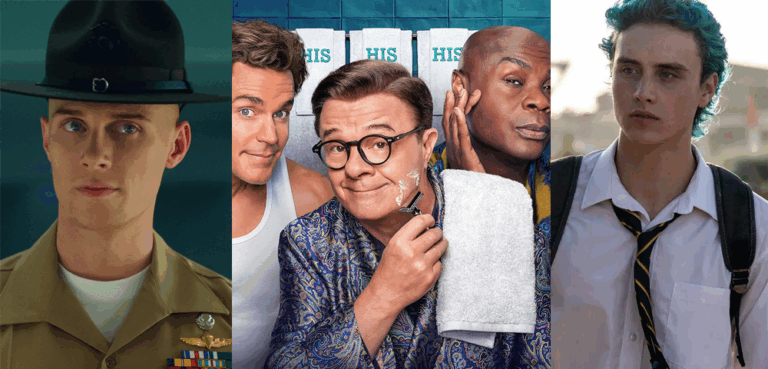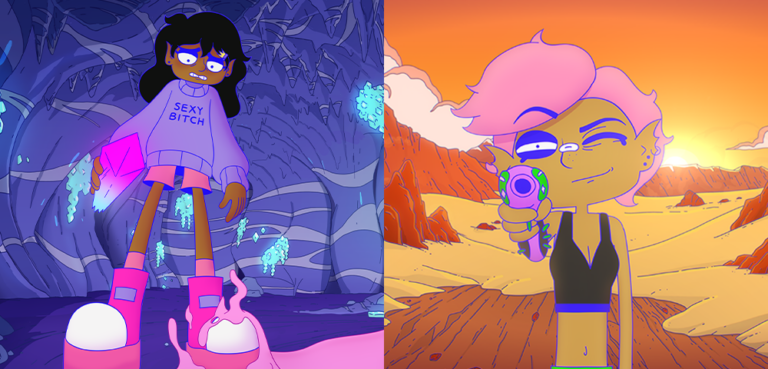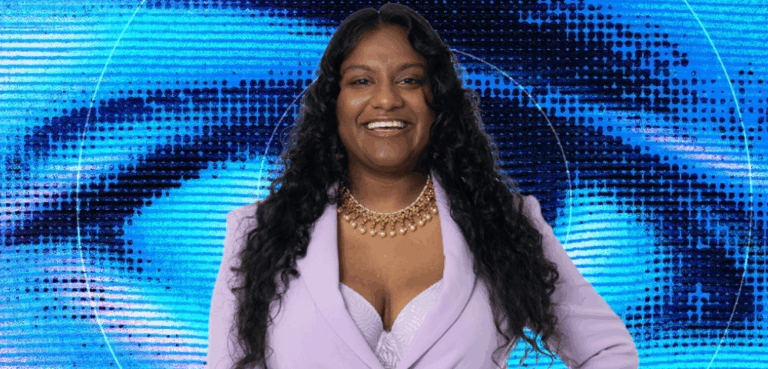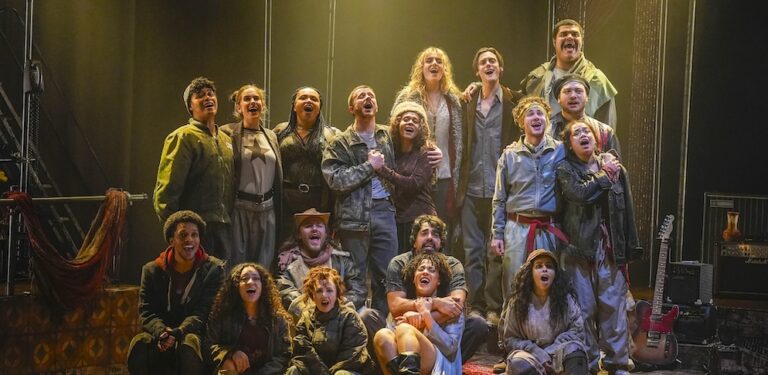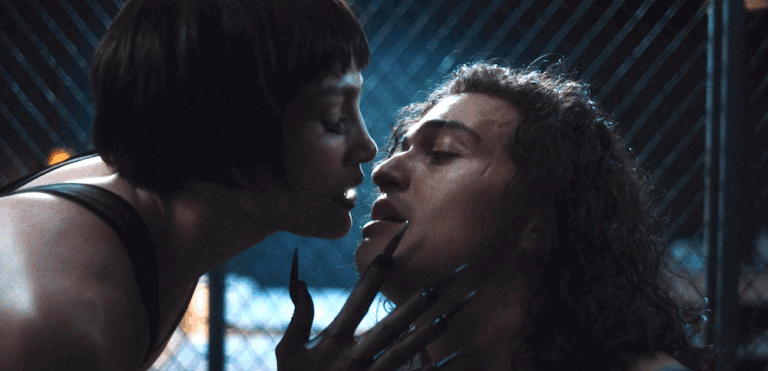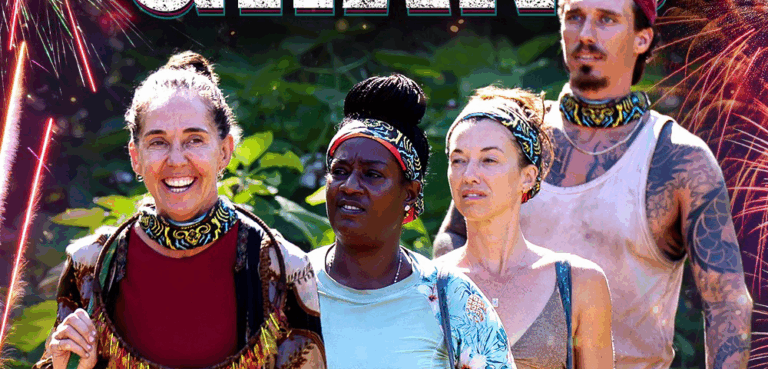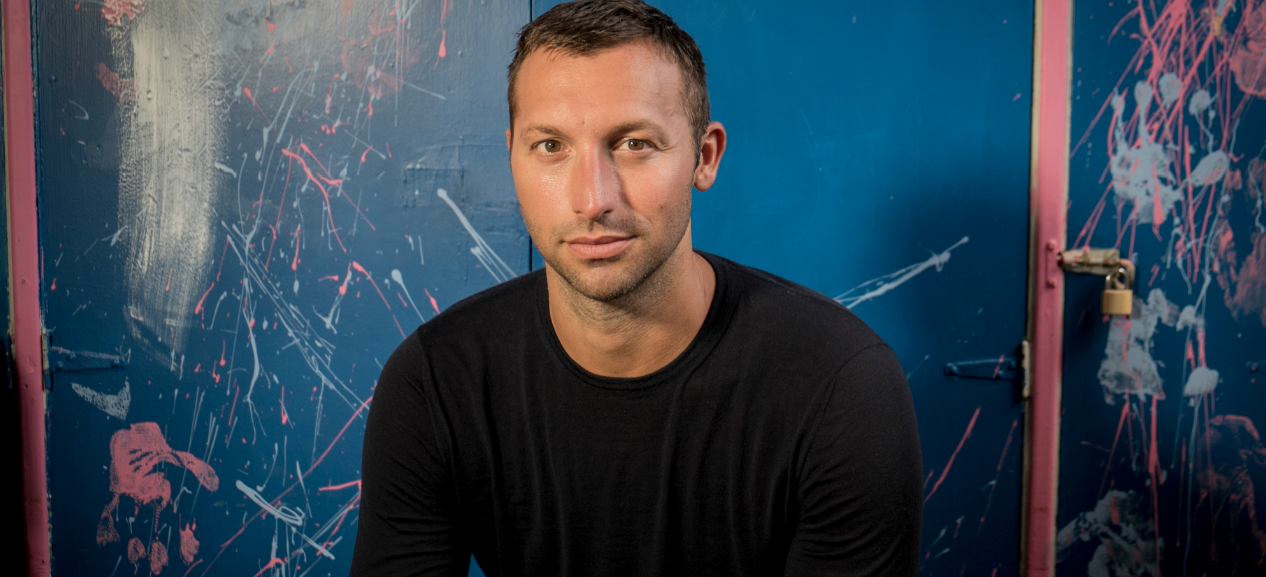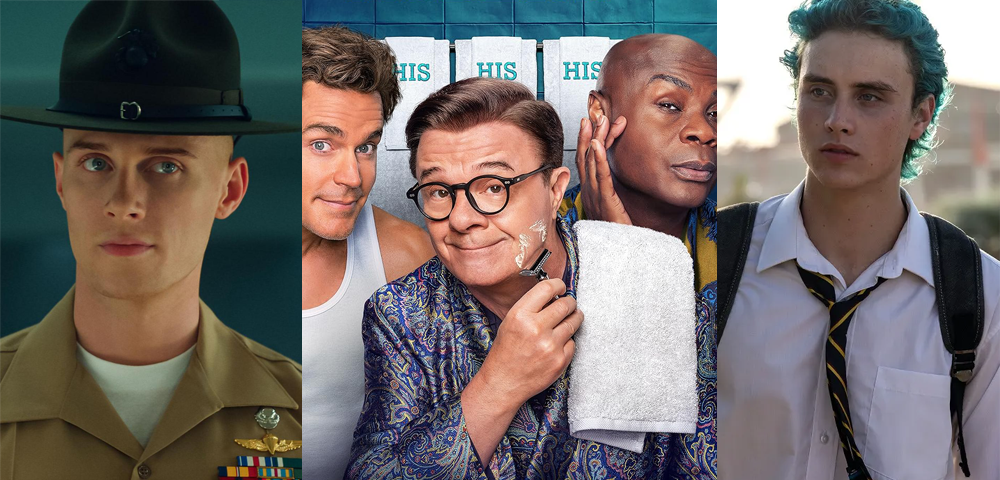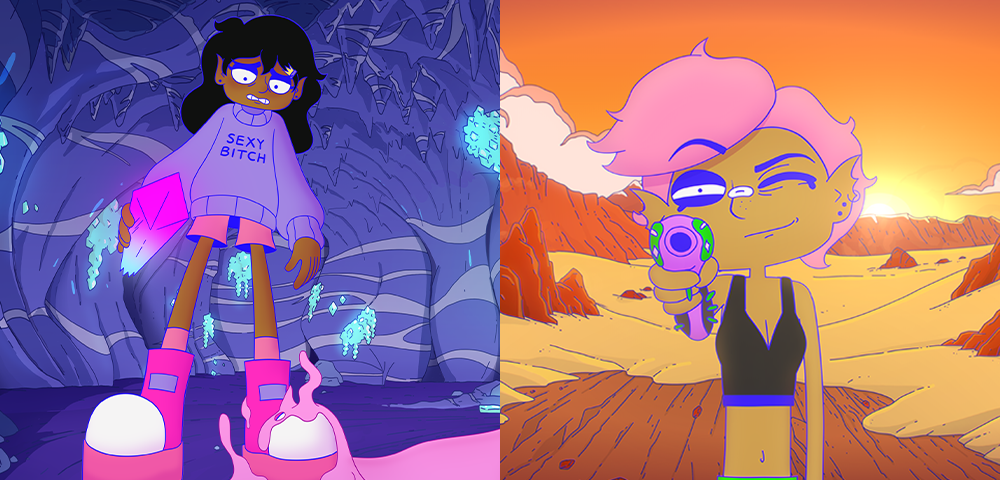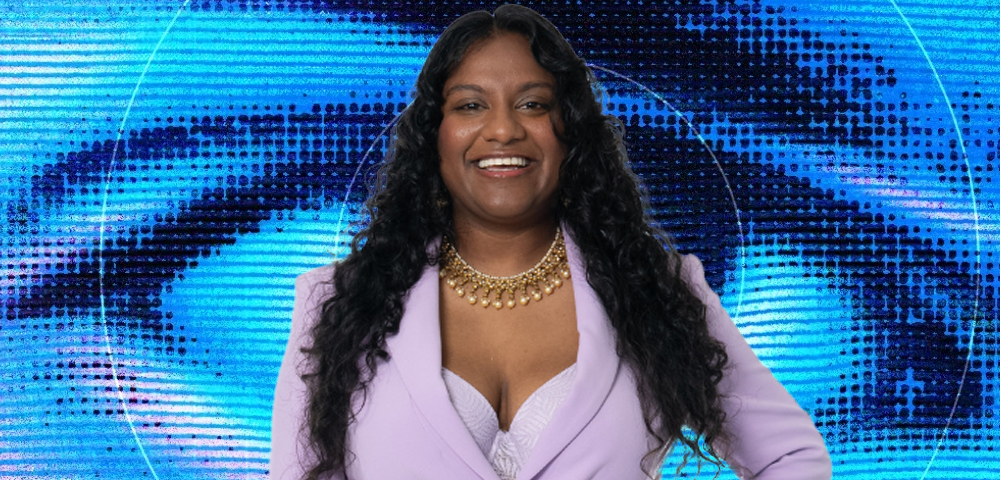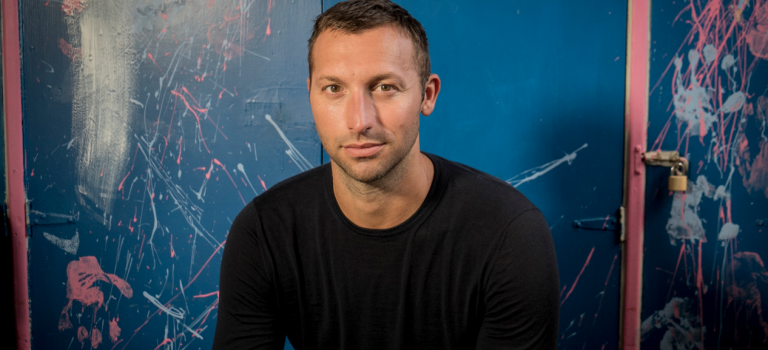
Casey Conway and Christine Anu: Indigenous champions for queer youth
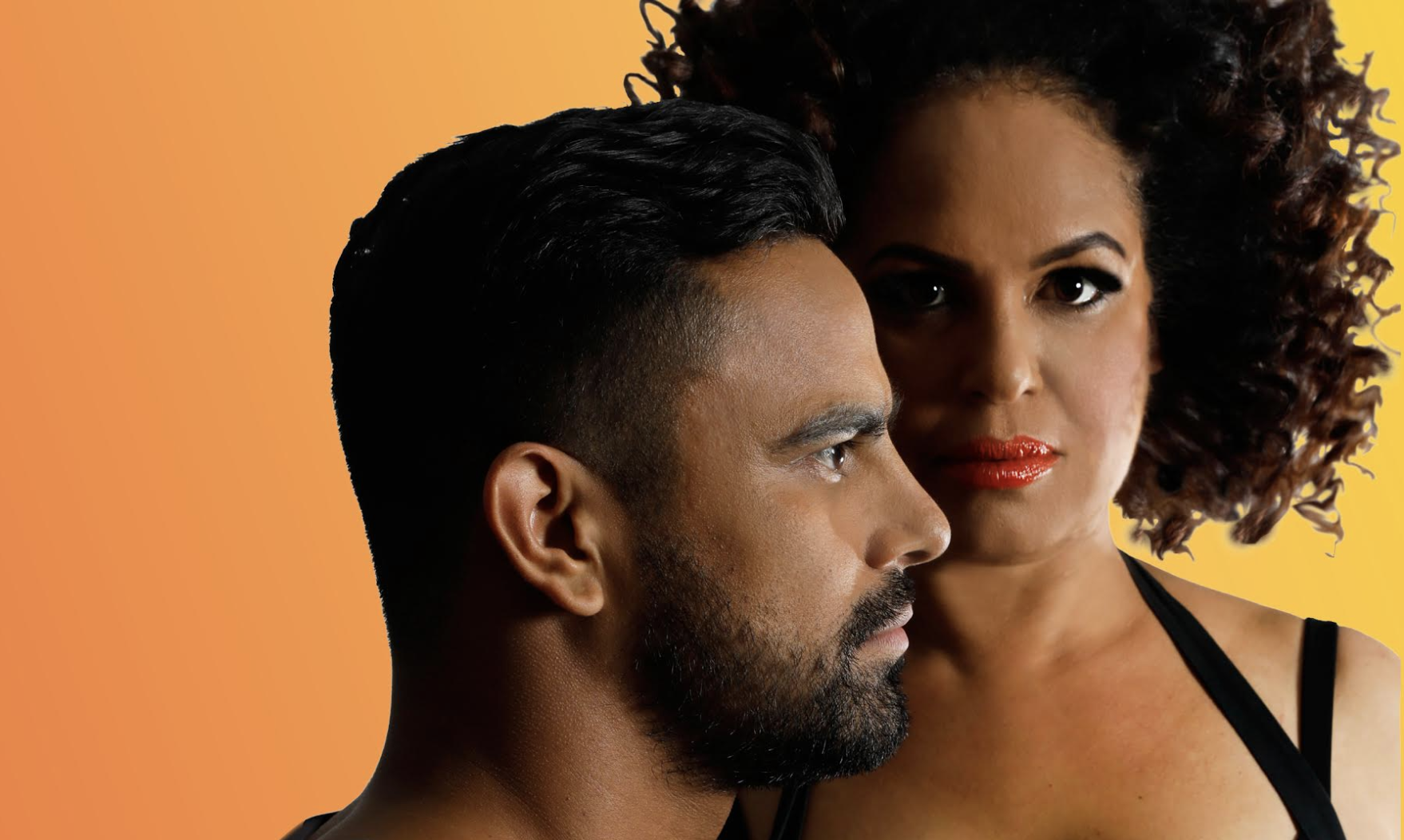
The fight for equality isn’t an easy one when you’re Indigenous and queer. Matthew Wade spoke with Casey Conway and Christine Anu about the importance of championing equality for the next generation.
***
At the all-boys school Casey Conway attended as a teenager in central Queensland, the word ‘gay’ would commonly be bandied around the schoolyard with negative or malicious intent.
And as a young and Indigenous student beginning to discover his same-sex desire, the dearth of role models or support available made his experience all the more difficult.
“I had nothing to compare it against, and no-one to look up to to show me it was okay to be gay,” he says.
“I lived in a small community and it wasn’t anything that was ever spoken about, there was no visibility available to me.
“I was lost, it was going to be my big dark secret.”
The casual homophobia often present at his school only compounded the fact he would never be able to confront being gay, at least at the time.
While he had grown up with four brothers and no-one had suggested he might be gay, he’d seen how some of his classmates with more stereotypically ‘feminine’ traits had been bullied, and it drove him to stay in the closet and even try to find a girlfriend during those teenage years.
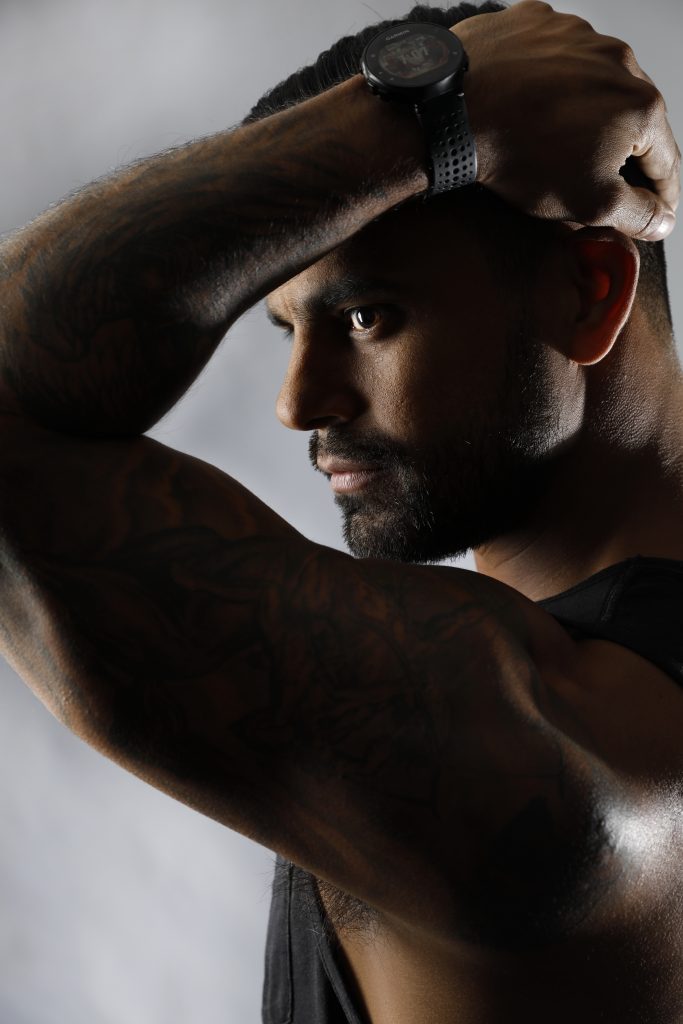
It wasn’t until he moved to Sydney after high school and became more exposed to a visible and proud LGBTI community that he began to see the positive side of embracing his sexual identity.
He saw that the community certainly did exist, and that in many ways it manifested as a sort of widespread family unit, or support network.
“I started to feel comfortable and safe talking about it, it was something that happened organically,” he says.
When it came to the intersection of both his sexual and Indigenous identities, Conway says they were two different worlds that didn’t have much crossover, and there was nothing at the time which indicated it wasn’t okay for him to be both Aboriginal and gay.
“It was confusing for me I guess, it came down to me feeling safe to enter that cross-section of culture and sexuality and hope for the best,” he says.
“But as I got older and began telling my story I saw that it began to resonate with people – not only in the LGBTI community, but also within people who had gay relatives or friends.
“It also helped people understand, and I saw the positive impact it had being vocal about being a gay Aboriginal guy and telling my story.”
Conway now works as a Indigenous youth advocate, where he helps to support and inspire younger people, particularly those struggling with issues around sexuality and mental health.
He also does consultancy work with the national LGBTI Indigenous support group Black Rainbow.
He says the young people that stand out the most are those he works with that are struggling.
“I’ve had people as young as 12 years old contact me and say they’ve been impacted by my story, asking me for advice,” he says.
“These are young Indigenous guys and girls that are really struggling with their sexuality.
“But the biggest thing is mental health. Unfortunately a lot of young people are self-harming and have suicidal thoughts because they’re unsure how to navigate it so their stories make my little part more important.”
He adds that for LGBTI people that are Indigenous as well it can be hard, and he hopes to help as many as possible in his position as a youth worker, advocate, and role model.
“Not feeling like you belong can be difficult to overcome, if you feel these roadblocks are going to prevent you from being accepted,” he says.
“I’m always honoured when young people share their stories with me, but giving them the ability to share their own is a really good feeling.”
For revered Australian songstress, actor, and longtime ally to the LGBTI community Christine Anu, the importance of equality for everyone was something instilled in her from a young age.
Particularly as a young adult studying dance with gay Indigenous dancers, she was aware of the many plights they faced.
“Gosh, I grew up with it,” she says.
“A lot of the dancers I worked with had to leave home in order to come out, it was how they would end up getting embraced and supported by like-minded people.
“To hear their stories about not being able to go back home because of their families not wanting them, they were horror stories.”
Despite this, Anu believes times are changing for queer people, and their identities are much more accepted than they were when she was growing up.
When she first moved to Sydney as a 17-year-old it wouldn’t have been as safe for LGBTI people to walk down the street holding hands.
But now visibility is everywhere. Anu says she loved seeing the Tiwi Island sistergirls march proudly in this year’s Mardi Gras parade.
“It was so great that they could come down to Mardi Gras, some of them had never left the island before,” she says.
“Because we’re Indigenous our reach is completely different and to see that would’ve been so inspirational to the younger generation who are discovering their sexualities.”
Much like her friend Conway, Anu hopes to use her platform to help inspire younger generations of Indigenous people and continue to champion equality.
As an artist she’s always had a solid queer fanbase, from her hit song My Island Home to her extensive appearances in television and film.
She says for her personally it’s important to inspire and support her fans.
“When it comes from celebrities it’s a bigger reach and it can really help people with understanding their fear of the unknown,” she says.
“A lot of the younger generation are looking up to people to help make change, so we’ll all be living in a world that’s much more acceptable.
“When you see iconic faces like Casey’s and mine it means that we don’t have to hold prejudice against people, we can just celebrate our differences.”
Anu is currently working on music amidst her busy schedule broadcasting on ABC and travelling.
She loves what she does, but hopes she can make a difference for LGBTI and Indigenous younger people.
“To be invited to be on the cover of the Star Observer, that’s special,” she says.
“The LGBTI community is like my Sydney family.”
